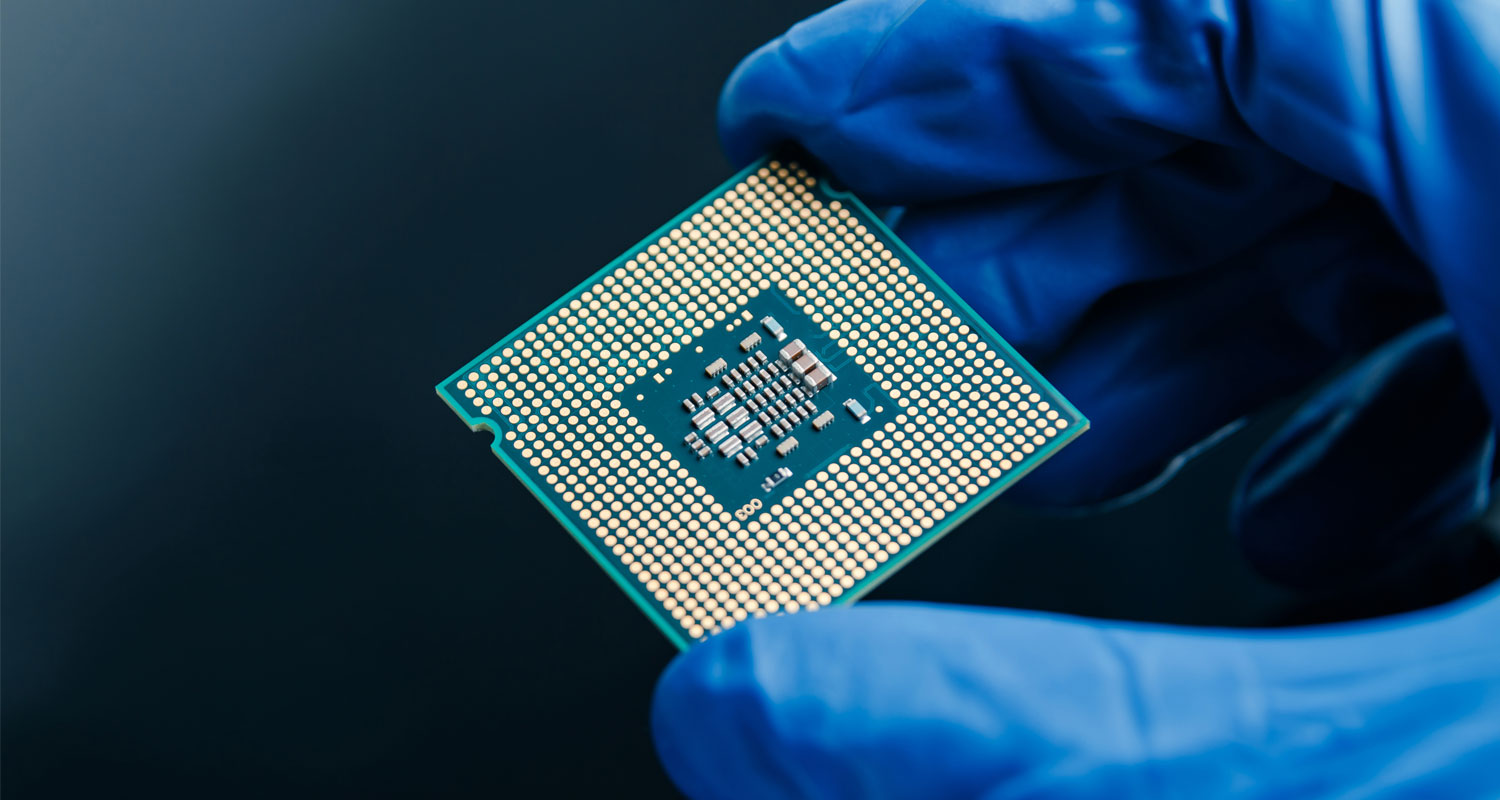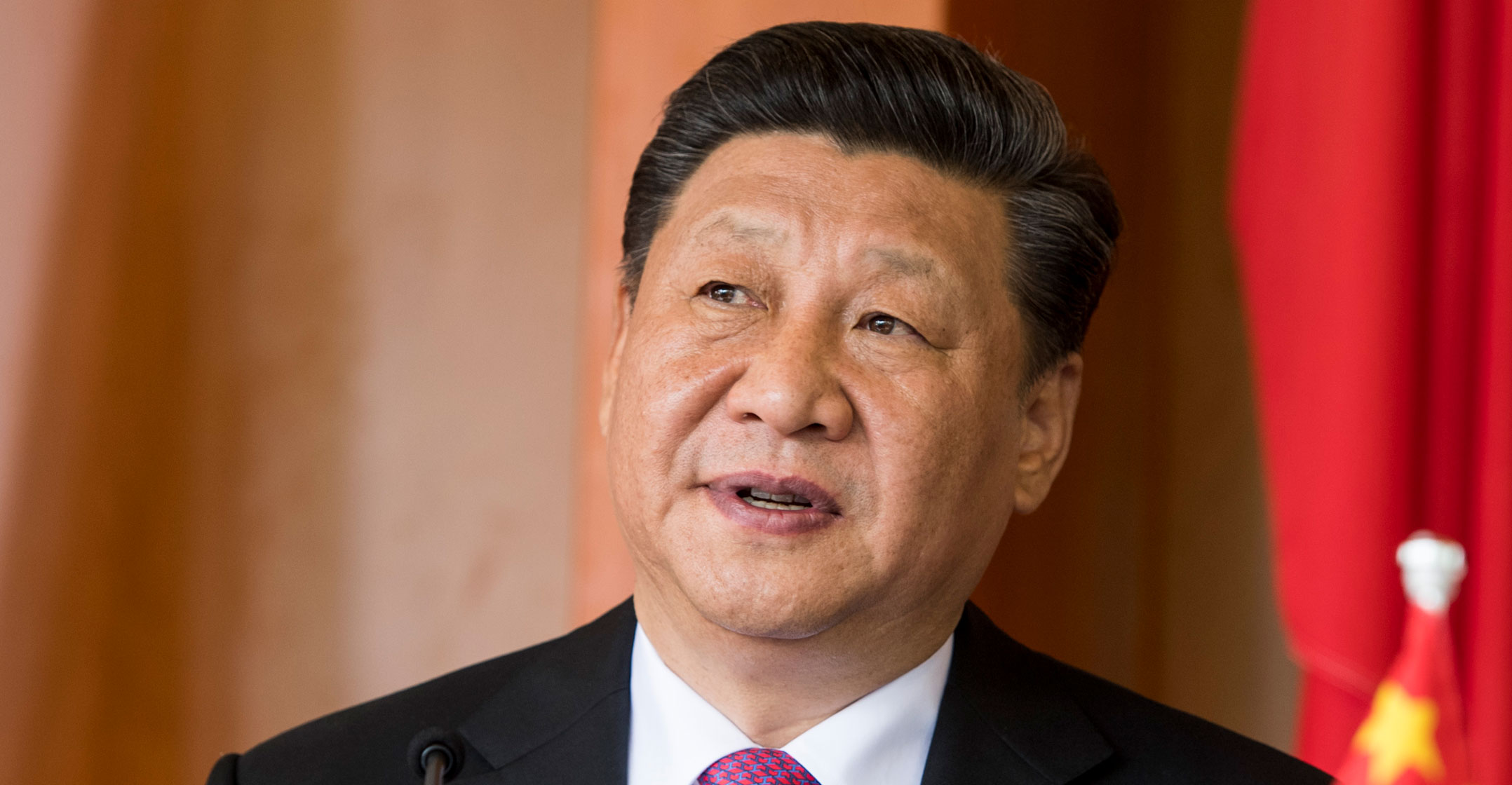 China’s top leadership has grown increasingly frustrated with a years-long failure to develop semiconductors that can replace US circuitry, an embarrassment capped by a flurry of anti-graft probes into top industry officials and the US$9-billion rescue of Tsinghua Unigroup.
China’s top leadership has grown increasingly frustrated with a years-long failure to develop semiconductors that can replace US circuitry, an embarrassment capped by a flurry of anti-graft probes into top industry officials and the US$9-billion rescue of Tsinghua Unigroup.
Senior officials are angry at how tens of billions of dollars funnelled into the industry over the past decade haven’t produced the sorts of breakthroughs that emerged from previous national-level scientific endeavours, according to people familiar with top government officials’ thinking. Washington, which has steadily ratcheted up restraints on China, has been able to strong-arm Beijing and successfully contain its technological ambitions, they said, asking not to be identified revealing sensitive deliberations.
The investigations have sent shockwaves through a semiconductor industry long accustomed to top-level support. Xi Jinping’s government had allocated more than $100-billion to build up a domestic semiconductor sector so the country could break its dependence on the West. A key area of scrutiny is the National Integrated Circuit Industry Investment Fund — known within the industry as Big Fund — which had become Beijing’s primary vehicle for doling out capital to the country’s chip makers.
“If you’re going to be putting tens of billions of dollars in an industry, regardless of whether it’s a high technology one or just like building trains and airports, you’re going to have illicit dealings going on,” said Jordan Schneider, a senior analyst at Rhodium Group and host of the China Talk podcast.
The government is investigating the head of the Big Fund, Ding Wenwu, who had once warned it was “unrealistic” to cut corners in developing chip technologies. Founded in 2014, the fund drew about $45-billion in capital and backed scores of companies, including Semiconductor Manufacturing International and Yangtze Memory Technologies. The fund operated mostly behind the scenes and kept investment standards away from public view, which some analysts said undercut accountability.
Beijing’s frustration comes as Washington is slapping ever-tighter restrictions on China, adding to potential vulnerability for the Communist Party. The US is increasingly limiting the kind of chip-making equipment that American companies can export to Chinese customers, while enlisting allied countries so that key suppliers like the Netherlands’ ASML Holding and Japan’s Nikon join its technology blockade.
Contingency plans
This year, various government agencies began reviewing contingency plans for strategically important industries, in the event of stricter US sanctions, the people said. When senior officials examined the report on the chip sector last month, it became clear advances in the field may have been overstated and that many investments had failed to bear fruit, the people said.
That ran contrary to a long-held belief that Beijing need only throw enough money at the problem. Xi has repeatedly urged breakthroughs in key technologies as the world faces “great changes not seen in a century”. The effort took on urgency during the Trump administration, which launched sanctions that proved effective at crippling Chinese giants including Huawei Technologies. Mastering advanced chip-making was regarded as the pinnacle of that initiative in China, which in 2020 accorded the same priority to that goal as developing the atomic bomb decades ago.
The State Council Information Office didn’t respond to faxed inquiries. Unigroup representatives didn’t respond to requests for comment.
Despite years of effort, China hasn’t made much progress in narrowing — let alone closing — the gap with the West. Chip-making machinery is still dominated by Dutch firm ASML, despite the efforts of state science institutions and firms like Naura Technology Group to design rival lithography machines. Japanese firms still control the supply of photoresists, a key chemical. Though tech giants such as Huawei drove intense research of local alternatives to US hardware, the country still relies on imports to meet the majority of its $155-billion in annual chip needs.

Critics of Beijing’s top-down policies have pointed out the enormous inefficiency that can result from freely doling out subsidies. Local media have reported about companies with scant experience winning incentives or grants for pursuing research. Powerful local interests have chased government money by championing projects in hopes of securing subsidies and, at times, political prestige. About 15 700 new semiconductor companies registered from January to May 2021, three times the number from the same period the previous year, according to an analysis by the South China Morning Post.
China can point to some success. SMIC has made headway against foreign competitors — though industry experts say its advances may be overstated. The country also vastly increased memory chip capacity through Yangtze Memory and Changxin Memory Technologies.
Local chip makers have also been able to go public. The most recent is Shenzhen Longsys Electronics, a Big Fund-backed memory chip maker, that fetched $365-million from a listing in Shenzhen last week.
Still, Beijing’s frustration began to boil over in late 2021 when the Biden administration showed few signs of letting up on his predecessor’s campaign against China, and it became evident Unigroup — the standard-bearer for state-backed semiconductor innovation — was beginning to fail.
The roster of investigations into chip industry figures now reads like a who’s who of China’s semiconductor pantheon. And the dragnet is expected to widen as investigations proceed, the people said.
Graft busters last month announced an investigation into minister of industry & IT Xiao Yaqing
In November, authorities announced probes into two executives linked to an investment firm that managed capital for the Big Fund. Last month, Ding, the fund’s chief, was also revealed to be under scrutiny. Several more people have been implicated, including former Unigroup chairman Zhao Weiguo and his co-president Diao Shijing.
In addition, graft busters last month announced an investigation into minister of industry & IT Xiao Yaqing, the most senior sitting cabinet member to face a disciplinary probe in almost four years. His probe is not directly related to the Big Fund, one of the people said.
Many of the chip-related investigations involve Tsinghua Unigroup, the Beijing-based giant Zhao led that was forced into a C¥60-billion ($8.9-billion) takeover to get out from under a mountain of debt. It began unravelling in 2021 after Beijing tightened lending nationwide, forcing the company into court receivership. When bidders for the company emerged, Zhao called their proposed takeover a “crime”.
It’s not known whether Ding’s investigation is related to Unigroup. The Big Fund was involved in several projects Zhao spearheaded, including Yangtze Memory and Shanghai-based mobile communication chip giant Unisoc, according to company registration information. Unigroup also became a minority shareholder of the Big Fund under Ding’s watch.
Probes of Zhao and Diao — a former MIIT official — were directly linked to alleged misconduct during their time at the chip giant, said another person, asking not to be named discussing a sensitive matter. Zhao and Ding didn’t pick up calls seeking comment. The Big Fund wasn’t immediately available for comment.
 Zhao was among the more highly regarded executives in China’s vast semiconductor arena. He made his name via several high-profile investments using state-backed capital, which expanded Unigroup’s reach into areas from mobile processors and memory to servers. His $23-billion bid for Micron Technology in 2015 was blocked by the US government at the eleventh hour.
Zhao was among the more highly regarded executives in China’s vast semiconductor arena. He made his name via several high-profile investments using state-backed capital, which expanded Unigroup’s reach into areas from mobile processors and memory to servers. His $23-billion bid for Micron Technology in 2015 was blocked by the US government at the eleventh hour.
He went on to build the $30-billion Yangtze Memory in Wuhan, which now competes directly with Micron. But the 55-year-old was ousted after a consortium led by JAC Capital took over his company this year.
Schneider of Rhodium Group said this series of chip probes have been unusually aggressive, perhaps because the industry is so critical to Xi’s strategic ambitions. In the past, China would cut off funding if there were signs of serious troubles, but semiconductors are the foundation of a robust tech sector.
“Xi talks about the industry as needing to provide the Chinese people with full self-reliance,” he said. — (c) 2022 Bloomberg LP

